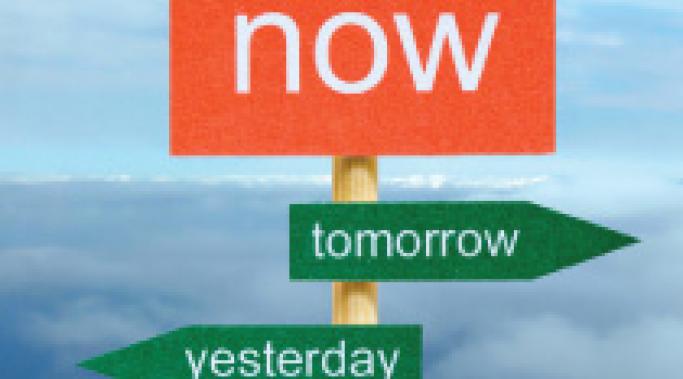Every day, I make small choices which greatly impact the maintenance of my bulimia recovery. One of these choices starts with thinking ahead in the morning on the meals I plan to have throughout the day; while another is being mindful of the inner dialogue I have about my self-image and how it relates to my eating habits.
Surviving Eating Disorders Videos
Having a list (or shoebox) full of coping skills is awesome -- if it's nearby when an urge strikes. So what happens when you're driving home after work? Or hanging out at the mall killing time? Those coping skills you have on your shelf at home aren't going to do you any good -- which is why you have to have go-to coping skills for on-the-go, too.
I’m a foodie! I love food and I love cookbooks. I love my kitchen. Also, preparing food for the people I love knows no bounds! Let's pause for a second....I've also recovered from bulimia.
Lately, I’ve been thinking about my breakthroughs in eating disorder recovery over the past 5 years. A recent major breakthrough happened just this past Spring. I find it ironic, because up until then, I felt very confident I was recovered from bulimia. But after the passing of a family member I deeply loved and cared for in late May, and while I was mourning that loss, I experienced a great deal of pain and sadness. Both were triggering my eating disorder, threatening the breakthroughs I've experienced in eating disorder recovery.
Hey everyone! I wanted to share with you all a couple of letters that I wrote to my body, just to show you the progression towards body acceptance. In my last post, I talked a bit about the long road to body acceptance. It certainly doesn't happen overnight. Patricia recently shared a letter to her body and I thought I would do the same. Twice. In almost every treatment center I've been in, I've had to write a letter to my body. The two I share in this video were written almost exactly one year apart.
Speaking out about having recovered from an eating disorder has been very rewarding to me. I have been getting involved with mental health related organizations in my community and I share aspects of my life as a person who has recovered from bulimia. Writing the Surviving ED blog has been very inspiring too.
I'm often asked about how to come out to parents and family members about our eating disorder. If you haven't told your parents about having anorexia or bulimia, this week's video may prove to be helpful.
Admitting I had a problem was my first step to bulimia recovery. With time, wisdom, and experience, I’ve come to terms with my diagnosis and accepted that bulimia did not define me. My acceptance of the diagnosis was a starting point, a breath of fresh air, much like walking out of a room in college when you decide this party’s over, I’m heading home. As uncomfortable as that experience was, being diagnosed, for me, felt like coming home.
This week, February 24-March 2, is National Eating Disorders Awareness Week in the U.S. In this video, I share the ideas behind NEDA Week, as well as how the stigma of eating disorders relates to the Stand Up for Mental Health Campaign on HealthyPlace.com.
There's a common misconception that eating disorders are only about being thin. This is both incorrect and harmful to those struggling with eating disorders. I talk about why in this eating disorder video.





